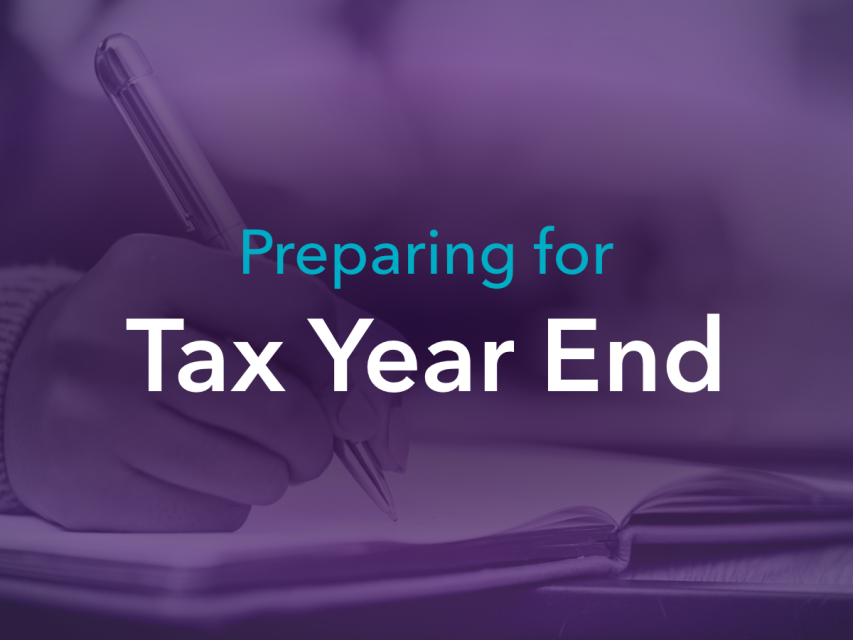Manage Cookie Preferences
To understand how people use our site and improve your experience on our website, we use cookies. Please choose which types of cookies you’re happy with – you can change your selection at any time. To learn more, read our Cookie Policy.
Strictly necessary cookies.
Always activeThese are cookies that are essential in providing specific services you have requested from us. For example: Remembering information, you have entered on online application forms when you navigate to different pages in a single web browsing session.
Analytical or performance cookies.
These improve our website by collecting information about how you use our website. For example: Understanding what interests our users so that we can deliver the content and level of service you expect from us.
Functionality cookies.
Always activeThese are used to recognise you when you return to our website. These enable us to remember your preferences. It is not currently possible to turn these cookies off.
Targeting cookies.
These cookies are used to understand how you use our website and to provide you with more relevant advertising and promotions as well as help measure the effectiveness. We may also share this information with third parties for this purpose.









